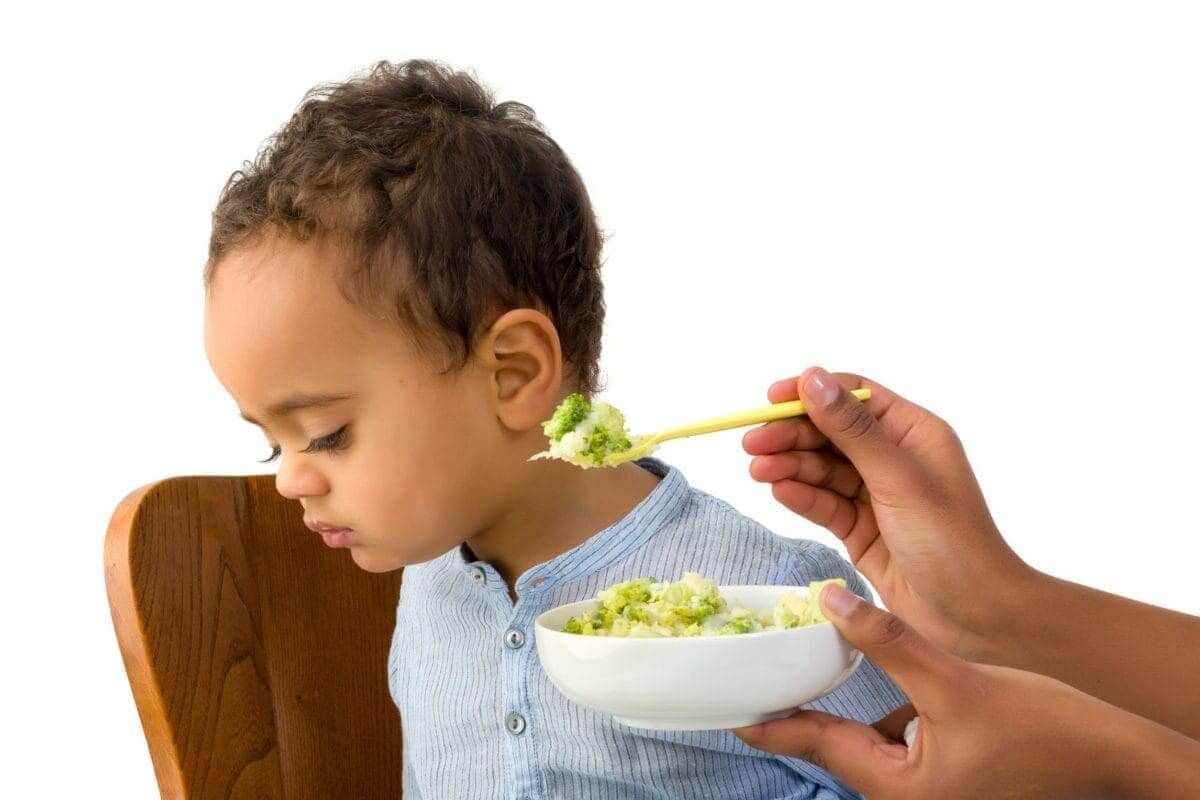
As parents, few things feel more urgent than making sure your child is eating well. But what happens when your toddler refuses food for the third time today, or your school-aged child pushes their plate away untouched? Before frustration sets in, it’s worth considering this: your child may not be hungry — and that might be okay.
Here are 5 things every caregiver should know
Hunger Isn’t Always on Your Schedule
Children, especially under five, don’t eat like adults. Their appetite naturally fluctuates — some days they're bottomless pits, other days they seem to survive on air. It’s normal. Their bodies are growing in spurts, and their hunger follows.
Tip: Instead of clock-watching, try tuning in to their cues. Are they active, alert, growing steadily? Then you may not need to worry.
2. Forced Feeding Can Backfire
When we bribe, beg, or threaten to get kids to eat, we often turn mealtime into a battleground. This can lead to food aversions, power struggles, and a broken relationship with food.
Insight: Trusting your child’s internal hunger cues now helps them build healthier habits for life.
3. Snacks Could Be the Culprit
Juice boxes, biscuits, and puff-puff in between meals might seem harmless, but they can fill tiny tummies quickly. Even “healthy” snacks like fruits or milk, too close to mealtime, can reduce appetite.
Reminder: Try spacing meals and snacks 2–3 hours apart and offer water in between.
4. Emotional and Environmental Factors Matter
A child who’s tired, anxious, overstimulated, or adjusting to change (like a new school or nanny) might lose interest in eating — not because they’re being stubborn, but because they’re overwhelmed.
Note: Sometimes what they need is comfort, sleep, or quiet — not calories.
5. You’re Not Alone ( and It’s Not Your Fault )
Many Parents worry they’re doing something wrong when their child won’t eat. But picky eating or low appetite is part of the journey for many children. It’s okay to ask questions. It’s okay to ask for help.
Advice:If you’re ever concerned about weight loss, energy levels, or growth patterns, speak to a pediatrician you trust.
Final Thought
Feeding a child is about more than food — it’s about connection, trust, and patience. Every child has their own rhythm. Instead of forcing the plate, take a step back, breathe, and listen to what their body might be saying.
You are doing better than you think. And sometimes, the best meal… is simply a little grace.
